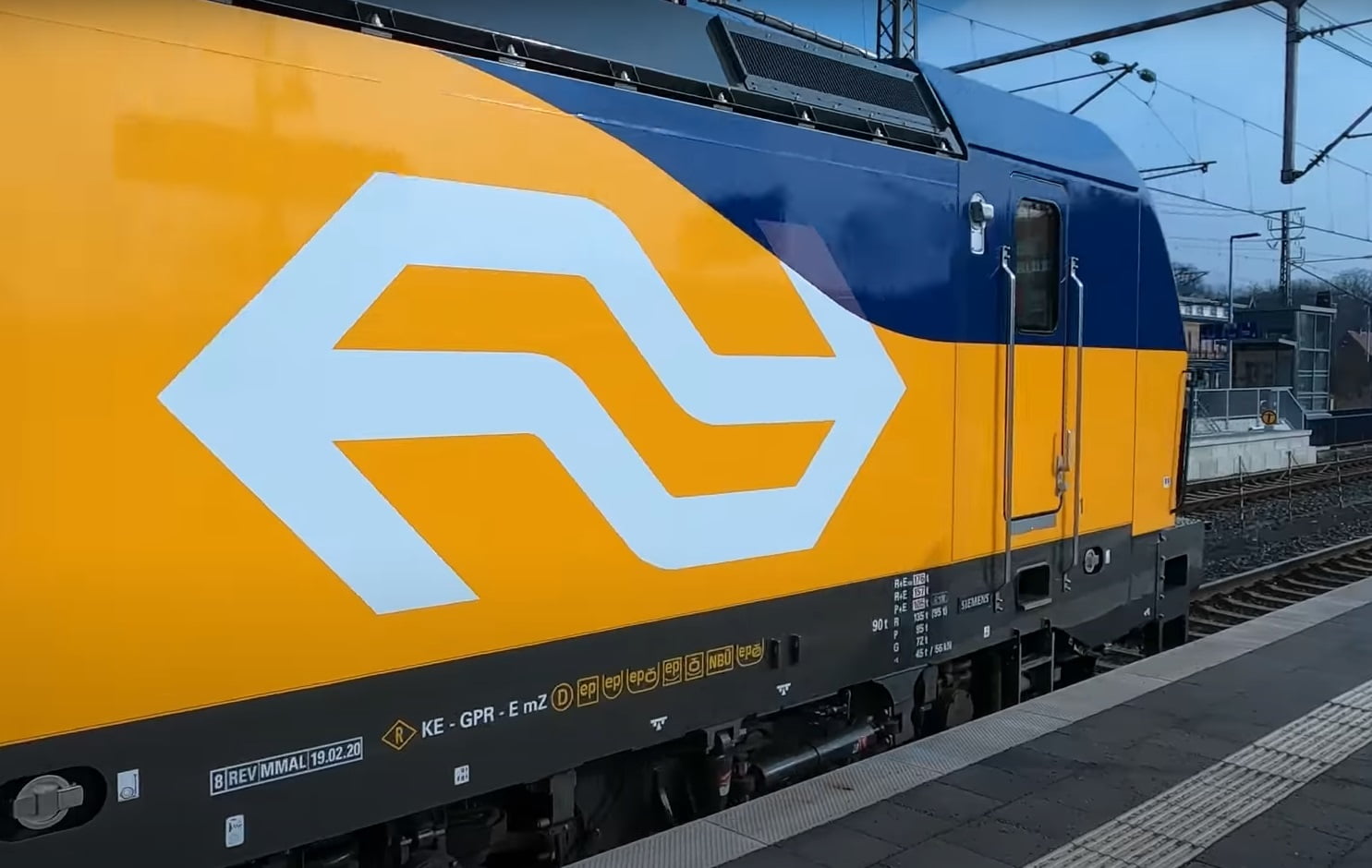The Dutch Railways (NS) also suffered considerably in 2021 from the corona crisis and the restrictive measures to combat the virus outbreak. The number of travelers was 48 percent lower than before the pandemic and Dutch passenger revenues were 1,1 billion euros lower than before corona, the NS reported when the annual figures were published. Thanks to government support, the company managed to limit the loss, but the NS wants support again this year to maintain the timetable.
From January to May, the urgent advice was to use public transport only for essential journeys. In the summer, the NS was able to welcome more travelers because less strict measures applied then. After the summer, the number of travelers increased again as education was further reopened and there were relaxations in the work-from-home policy. The NS states that a decrease has been seen since October, due to the advice to stay at home as much as possible. On working days before corona, the NS still transported an average of 1,3 million travelers.
At the request of the government, NS continued to operate an almost complete timetable and received an availability compensation of 925 million euros. Thanks to this support, the operating loss was limited to 49 million euros. Without this compensation, the operating loss would have been EUR 974 million. The company also suffered losses in 2020 due to the corona crisis. The company is also engaged in a cost-saving program of 1,4 billion euros until 2025. This includes cutting jobs in management.
President-director Marjan Rintel again speaks of a difficult year, both operationally and financially. The outlook for the short term is difficult, but for the longer term the NS is positive. The company points out, among other things, that one million homes must be added in the Netherlands, and this includes infrastructure for sustainable mobility.
NS also says that the train is indispensable for achieving the government's climate targets. “Every passenger who opts for the train instead of the car immediately prevents CO2 emissions and contributes directly to the climate. Our commitment after the pandemic is therefore: more passengers on the train than before the crisis," says Rintel.
She also believes that the train should remain financially attractive for travelers. “That is why it would also be good to abolish VAT on train tickets. The bill for the pandemic should not end up with the traveler.”
Also read: Eindhoven company launches first for the taxi sector



